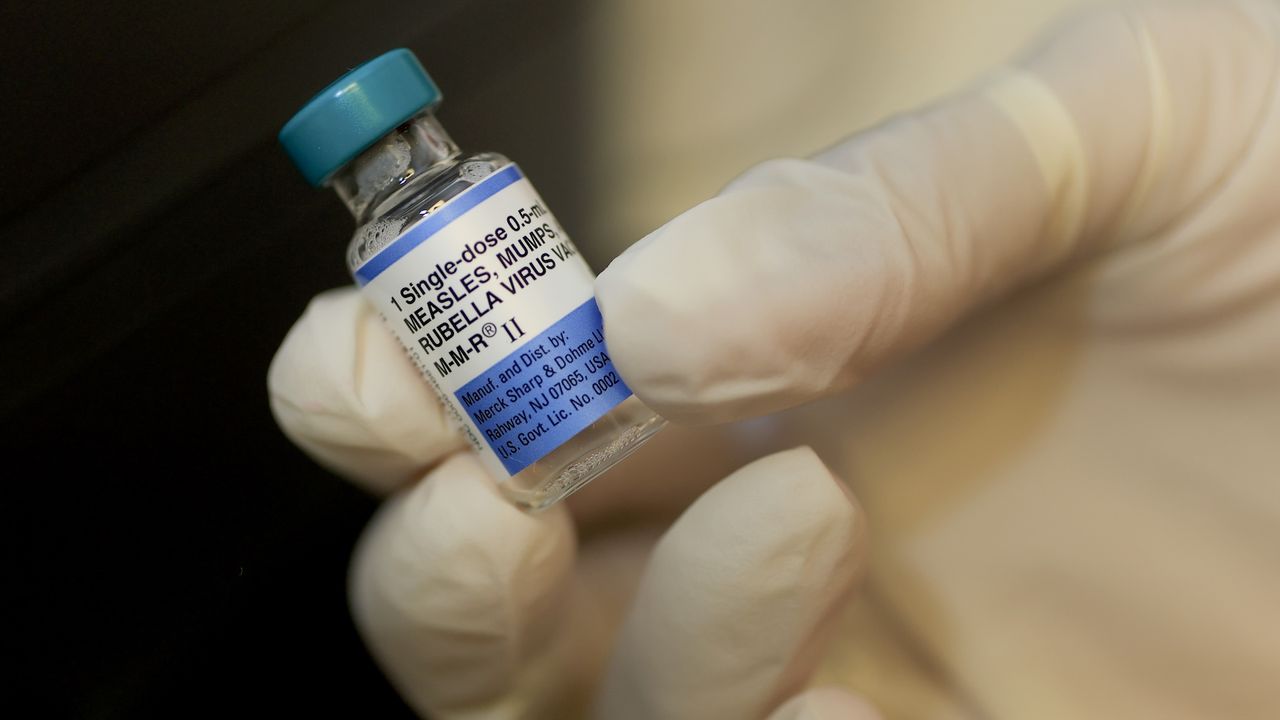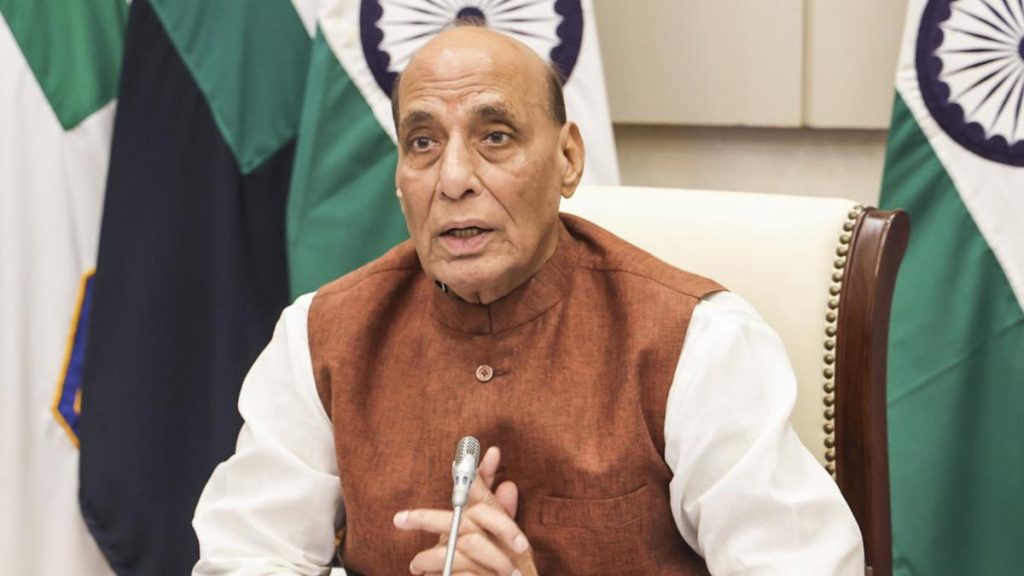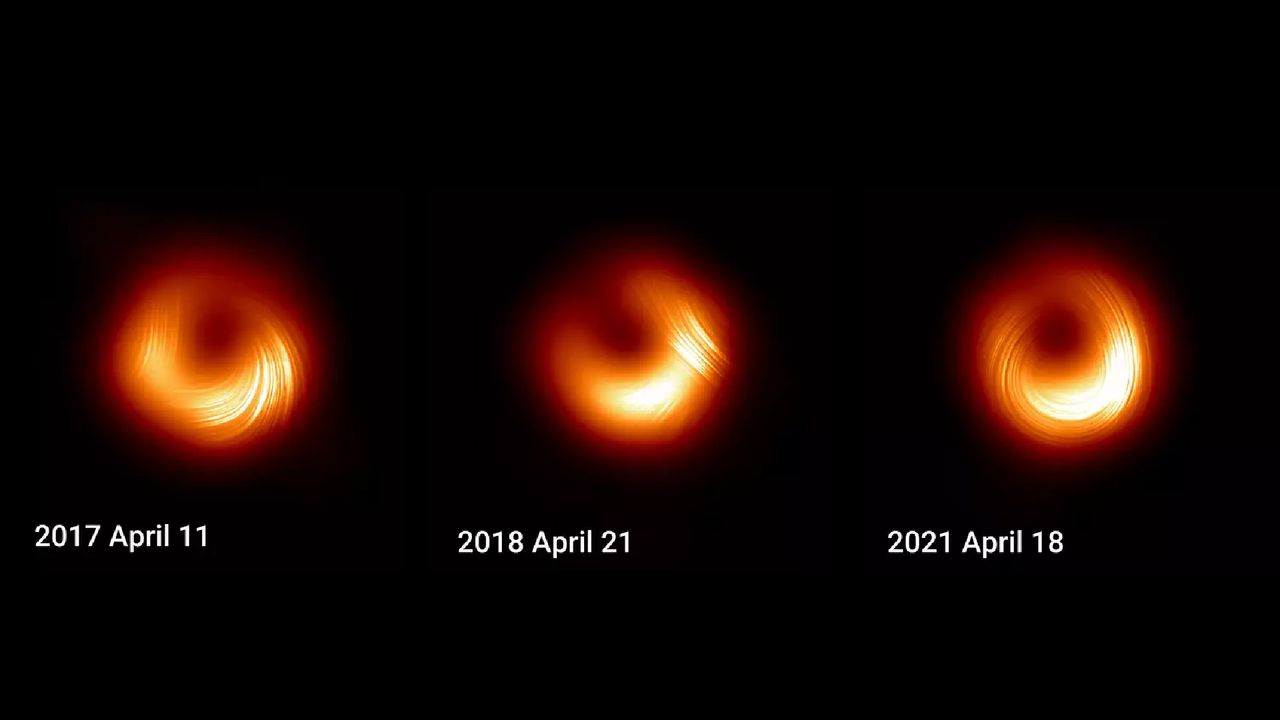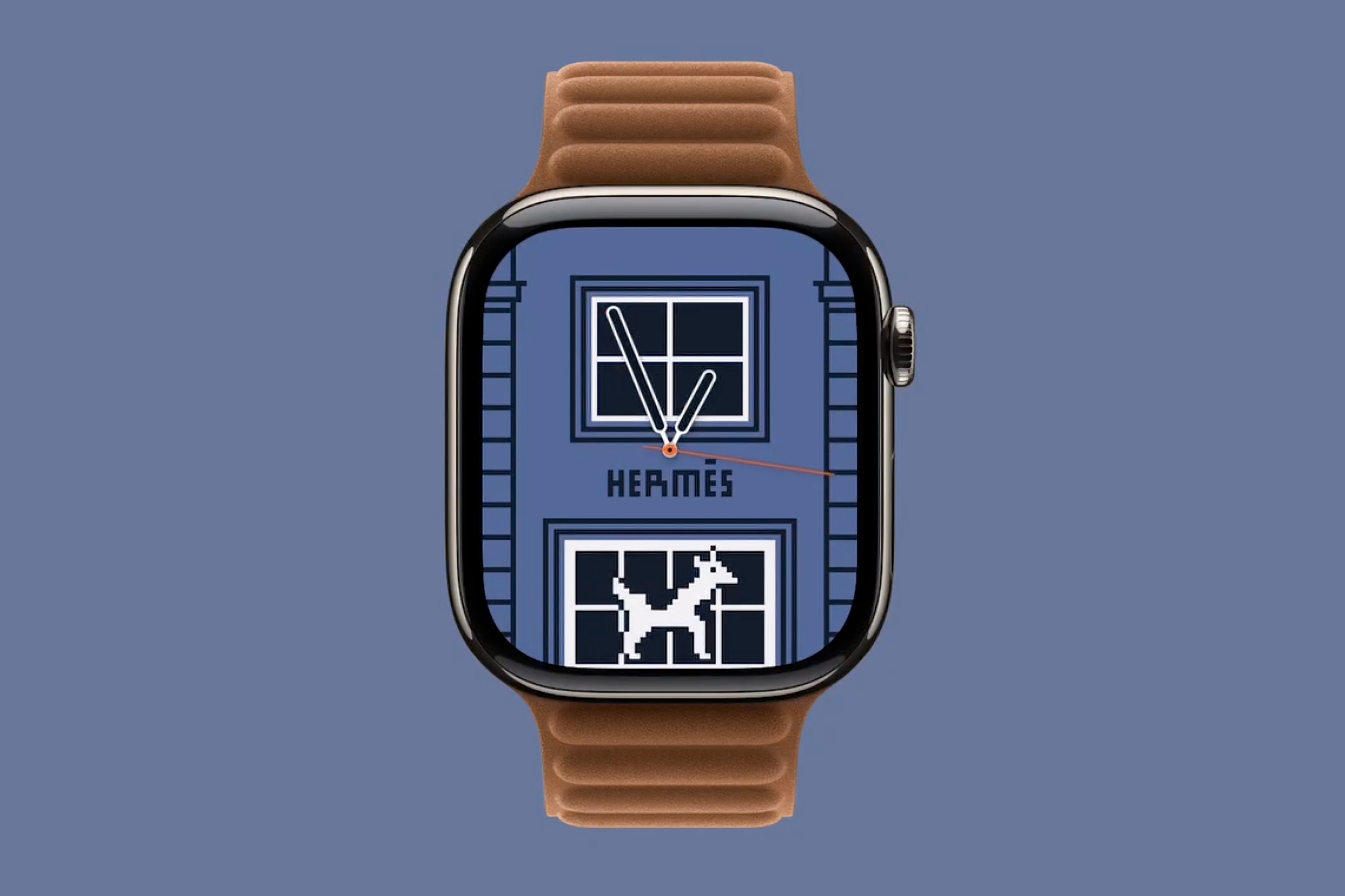Now Reading: CDC Panel Updates Measles Vaccine Guidelines for Children
-
01
CDC Panel Updates Measles Vaccine Guidelines for Children
CDC Panel Updates Measles Vaccine Guidelines for Children

Rapid Summary
- The CDC’s Advisory Committee on Immunization Practices (ACIP), now restructured under Health and Human Services Secretary Robert F. Kennedy Jr.,voted on new recommendations for the MMRV vaccine.
- By a vote of 8-3 (one abstention), the committee recommended that children aged 12 to 15 months receive separate MMR and varicella vaccines, rather than the combined MMRV vaccine.
- The decision was based on a slightly higher risk of febrile seizures in young children with the MMRV option, although these seizures are rare and typically harmless.
- previously,caregivers could choose between the combined or separate doses for kids under age four,with separate doses preferred due to lower risk factors.
- If approved by the CDC director, these recommendations woudl remove MMRV from coverage under programs like Vaccines for Children for this age group but leave it available for older children aged four to six years.
- Critics noted that limiting caregiver options may have insurance-related implications and affects decision-making adaptability without substantially changing risks already understood.
- The committee is set to discuss changes regarding hepatitis B vaccine next, followed by COVID-19 vaccine recommendations.
Indian Opinion Analysis
The updated guidance reflects a measured approach aimed at minimizing potential risks while maintaining flexibility where possible (for older groups). However, removing an option may heighten concerns about parental choice in vaccination decisions – an issue that resonates globally as countries reevaluate public health policies post-pandemic.
For India’s healthcare policy framework, this progress underscores two meaningful takeaways: first, continuous adaptation in response to emerging data can reinforce trust; second, empowering caregivers through well-informed choices is key in achieving high immunization rates while balancing trust in government protocols.

























